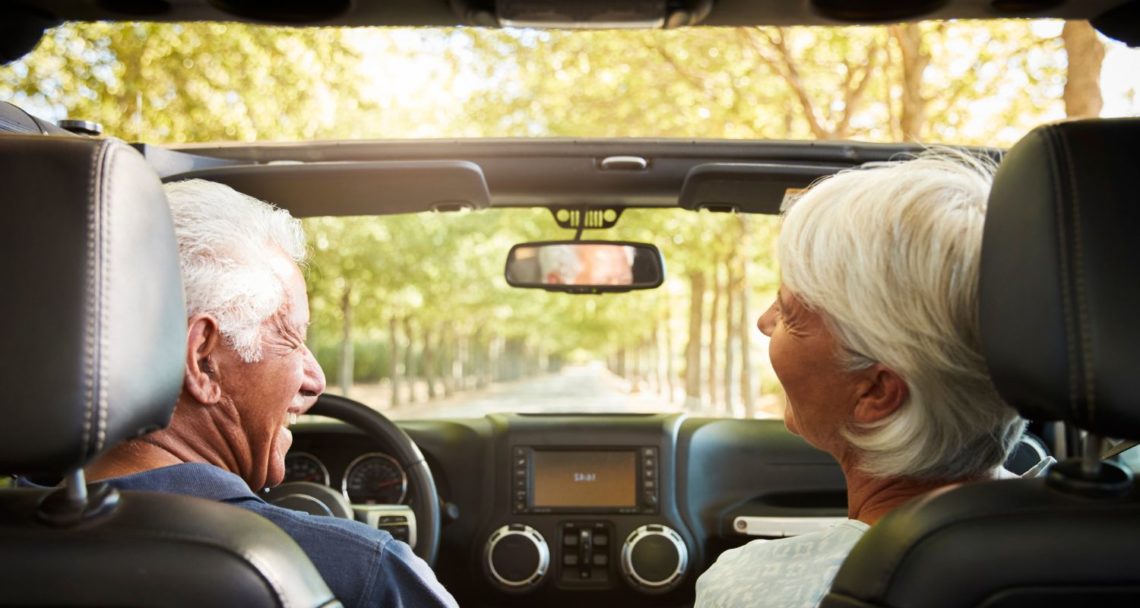Do you have hearing loss? You may think of it as a minor inconvenience, but studies show that its much more dangerous than you’d first suspect. Aside from the emotional and mental impact of hearing loss, hearing loss can be a risk to your physical health. Aside from communicating and keeping up with social situations, hearing helps us be aware of the world around us. When our hearing is depleted, it can be hard to hear warning signs to keep us safe. This is why those with unaddressed hearing loss are at a higher risk of falls and accidents which can lead to hospitalization. Here are a few tips to stay safer when living with hearing loss.
Invest in Customized Alarms
Noise induced hearing loss and age related hearing loss both often manifest first as a loss of higher frequencies. If you think of the alarms in your home, the majority all operate at these higher frequencies such as over timers, alarm clocks, doorbells, fire alarms and even carbon monoxide detectors. You don’t want to miss these sounds, so it’s important to invest in alarms that you won’t miss is you have hearing loss. This could be alarms with vibrations and alerts sent to your smartphones which can buzz as well as ring. Some people find that bed shakers can alert people of emergency as hearing aids are removed at night. In addition, flashing lights can get your attention in case you miss the sounds.
Travel with Friends and Family
Living with hearing loss means it can always help to travel with someone else with better hearing. This person can pay attention of important sounds in case you miss something. This can be tricky however, as it can impede your sense of independence. When possible, wear a properly prescribed pair of hearing aids as they can help you be more alert of sounds around you and help you feel more independent and more prone to trying new things and perusing your interests on your own!
Avoid Distractions While Driving
While hearing aids can help you hear the world around you they don’t completely fix your hearing. You are still going to have to pay extra attention. If you are driving with hearing aids, it’s important t to minimize distractions when behind the wheel. This means keep the windows closed, turn off the radio and avoid trying to speak to a passenger while driving. You can even program the GPS on your phone to connect wirelessly to your hearing aids with Bluetooth technology to make sure you can hear all the directions on time, so you have plenty of time to react to turns and directions.
Have a Plan
Make sure you are prepared for whatever comes your way—even if that means an emergency. For hearing aid users, this means a little extra planning. You don’t want to be caught without your hearing aids. Pack a bag with emergency items which should include extra hearing aid batteries, chargers and even a backup pair if something happens to your everyday pair. You may also want to pack a pencil and paper in case something happens to your hearing aids. It is also a good idea to have a plan ahead of time. Have emergency contacts written down and know who to contact in case a situation occurs you haven’t had time to plan for. This could be a neighbor or family member who will be sure to check on you.
Share Your Limitations with Friends and Family
If you have a hearing loss, don’t be afraid to let others know. In the past, stigmas around hearing loss have led many to associate the condition with old age and helplessness. The truth is when you treat your hearing loss and are open about it with the people in your life, you can ask for the help you need. This could be asking people to communicate in a way you can best follow and get the support you require to live your best life.
Treat Your Hearing Loss
If you suspect you have a hearing loss, don’t hesitate to seek treatment. Hearing aids can improve every aspect of your life. Contact us today to set up a hearing exam and find out what hearing aids can do for you!

